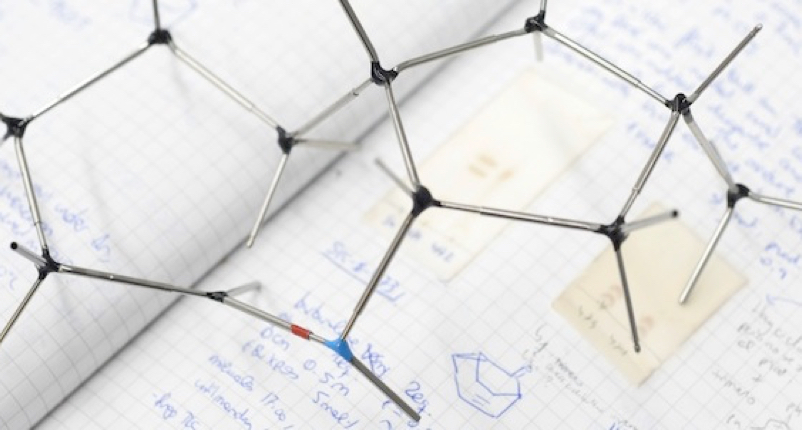CO2-to-Methanol Hydrogenation on Zirconia-Supported Copper Nanoparticles: Reaction Intermediates and the Role of the Metal–Support Interface
Methanol synthesis by CO2 hydrogenation is a key process in a methanol-based economy. This reaction is catalyzed by supported copper nanoparticles and displays strong support or promoter effects. Zirconia is known to enhance both the methanol production rate and the selectivity. Nevertheless, the origin of this observation and the reaction mechanisms associated with the conversion of CO2 to methanol still remain unknown. A mechanistic study of the hydrogenation of CO2 on Cu/ZrO2 is presented. Using kinetics, in situ IR and NMR spectroscopies, and isotopic labeling strategies, surface intermediates evolved during CO2 hydrogenation were observed at different pressures. Combined with DFT calculations, it is shown that a formate species is the reaction intermediate and that the zirconia/copper interface is crucial for the conversion of this intermediate to methanol.

K. Larmier, W.-C. Liao, S. Tada, E. Lam, R. Verel, A. Bansode, A. Urakawa, A. Comas-Vives, C. Copéret.
Angew. Chem., Intl. Ed. 2017, 56 (9), 2318-2323
DOI:
10.1002/anie.201610166

Let's create a brighter future
Join our team to work with renowned researchers, tackle groundbreaking
projects and contribute to meaningful scientific advancements


















